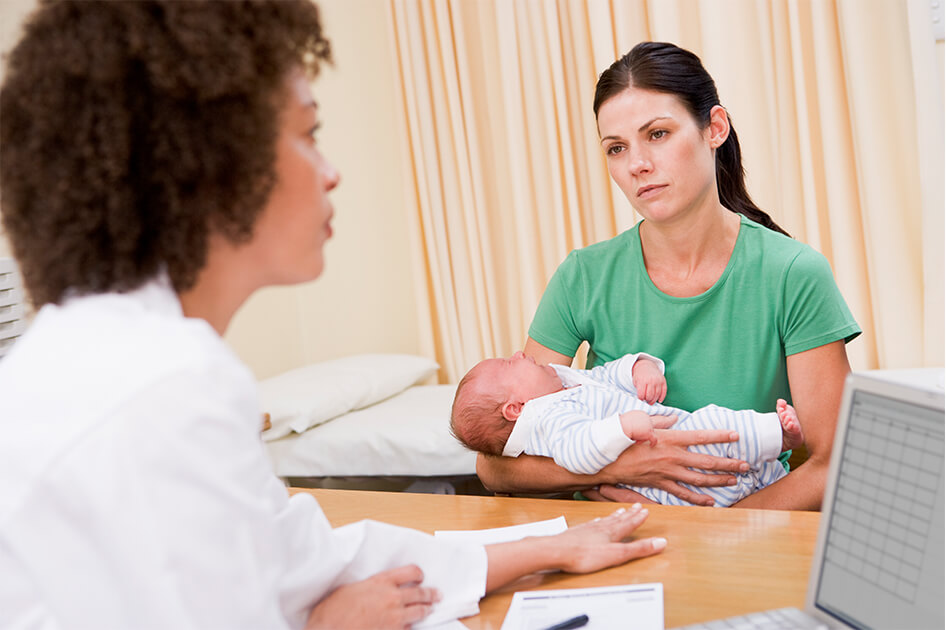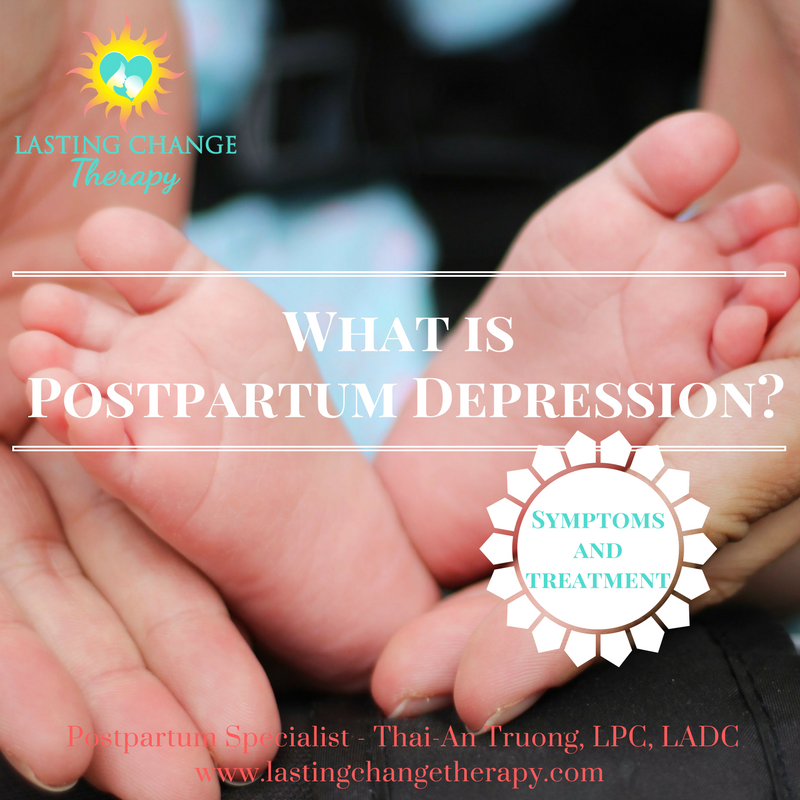The Beautiful Journey Reproductive Counseling Center PDFs
Wiki Article
The Only Guide for Beautiful Journey Reproductive Counseling Center
Table of ContentsBeautiful Journey Reproductive Counseling Center - QuestionsSome Known Facts About Beautiful Journey Reproductive Counseling Center.5 Easy Facts About Beautiful Journey Reproductive Counseling Center ShownBeautiful Journey Reproductive Counseling Center - QuestionsGetting My Beautiful Journey Reproductive Counseling Center To WorkGet This Report about Beautiful Journey Reproductive Counseling Center

Dealing with psychological health and wellness experts is a wonderful way to discover postpartum depression and just how to recuperate. Therapy enables ladies to resolve their problem and recognize the development they make. Therapists can also change therapy in action to the woman's progress. Treatment is an individual and vital method to deal with postpartum depression.

The smart Trick of Beautiful Journey Reproductive Counseling Center That Nobody is Discussing
There have not been definitive research studies released that looked specifically at folate or various other B vitamins in the treatment of postpartum depression. Think about advising to females who are postpartum to proceed their prenatal vitamin or take a B-100 complicated with regarding 1 mg (or 1,000 mcg) of folic acid, or folate.Adjustment of vitamin D shortage might play a significant role in the recuperation from postpartum clinical depression. Mommies fighting with clinical depression must have their 25-OH vitamin D degree checked. Lots of ladies discover that they need at the very least 2,000-3,000 IUs of cholecalciferol, which is vitamin D3 (a kind that is really conveniently soaked up) throughout the winter season.
In the summer season months, much less oral vitamin D may be required, relying on the latitude where the mom lives. grief counseling nj.
The 8-Second Trick For Beautiful Journey Reproductive Counseling Center

Anticoagulation might be used, and it needs to be kept in mind that there exists no universal standard or recommendation for anticoagulation treatment in septic pelvic thrombosis. Preliminary bolus of 60 units/kg (4000 devices maximum) adhered to by 12 units/kg/h (optimum of 1000 units/h) is suggested. The aPTT is kept track of for 2-3 times the regular value.
Postpartum depression (PPD) is a complicated mix of physical, psychological, and behavioral modifications that take place in some females after offering birth. According to the DSM-5, a manual utilized to detect mental conditions, PPD is a kind of major anxiety that starts within 4 weeks after distribution. The medical diagnosis of postpartum anxiety is based not just on the size of time in between delivery and onset however on the extent of the depression.
The term explains a series of physical and psychological adjustments that many new moms experience. PPD can be treated with drug and therapy. The chemical changes involve a rapid decrease in hormonal agents after shipment. The real web link in between this decline and clinical depression is still unclear. What is understood is that the levels of estrogen and progesterone, the female reproductive hormones, increase tenfold throughout maternity.
The Greatest Guide To Beautiful Journey Reproductive Counseling Center
Commonly, joining an assistance group of brand-new mothers or chatting with other mothers assists. can happen a few days or also months after childbirth. PPD can happen after the birth of any kind of kid, not simply the initial child. You can have sensations similar to the infant blues-- despair, misery, anxiety, crankiness-- but you feel them a lot more highly.When your capacity to function is affected, you need to see a wellness care company, such as your OB/GYN or key treatment doctor. If you don't obtain therapy for PPD, symptoms can get worse.
This ailment can happen rapidly, commonly within the initial 3 months after childbirth. Women can lose touch with truth, having auditory hallucinations (hearing things that aren't in fact occurring, like an individual speaking) and deceptions (strongly believing things that are plainly illogical). Aesthetic hallucinations (seeing site things that aren't there) are less common.
Women who have postpartum psychosis demand therapy right away and nearly always need drug. Therapy options consist of anti-anxiety or antidepressant medicines, psychotherapy, and participation in an assistance team for emotional assistance and education.
Facts About Beautiful Journey Reproductive Counseling Center Revealed
Children of mommies with postpartum depression are most likely to have troubles with resting and consuming, weeping even more than common, and hold-ups in language development. If you have a history of depression, tell your medical professional as quickly as you learn you're pregnant, or if you're preparing to come to be pregnant.Commonly, joining a support group of brand-new moms or speaking with various other mamas helps. can happen a couple of days or perhaps months after giving birth. PPD can take place after the birth of any kid, not simply the initial kid. You can have sensations comparable to the child blues-- sadness, despair, stress and anxiety, crankiness-- however you feel them a lot more highly.
When your ability to function is affected, you require to see a wellness treatment company, such as your OB/GYN or main care doctor. If you do not obtain therapy for PPD, symptoms can obtain even worse.
This health problem can occur rapidly, typically within the very first 3 months after childbirth. Females can lose touch with truth, having auditory hallucinations (hearing points that aren't really happening, like a person chatting) and misconceptions (strongly thinking things that are plainly unreasonable). Aesthetic hallucinations (seeing things that aren't there) are less usual.
Some Known Facts About Beautiful Journey Reproductive Counseling Center.
Ladies that have postpartum psychosis demand treatment right away and often need medication. Occasionally ladies are put into the healthcare facility since they are at threat for harming themselves or somebody else. Postpartum clinical depression is dealt with in a different way, depending on the type of signs and symptoms and just how severe they are. Therapy alternatives consist of anti-anxiety or antidepressant medications, psychotherapy, and participation in a support system for emotional assistance and education.Youngsters of mommies with postpartum depression are more probable to have problems with resting and eating, weeping greater than normal, and hold-ups in language growth (reproductive therapist). If you have a history of depression - https://nowewyrazy.uw.edu.pl/profil/beaj0urepcc, tell your medical professional as quickly as you learn you're pregnant, or if you're preparing to end up being expecting
Report this wiki page